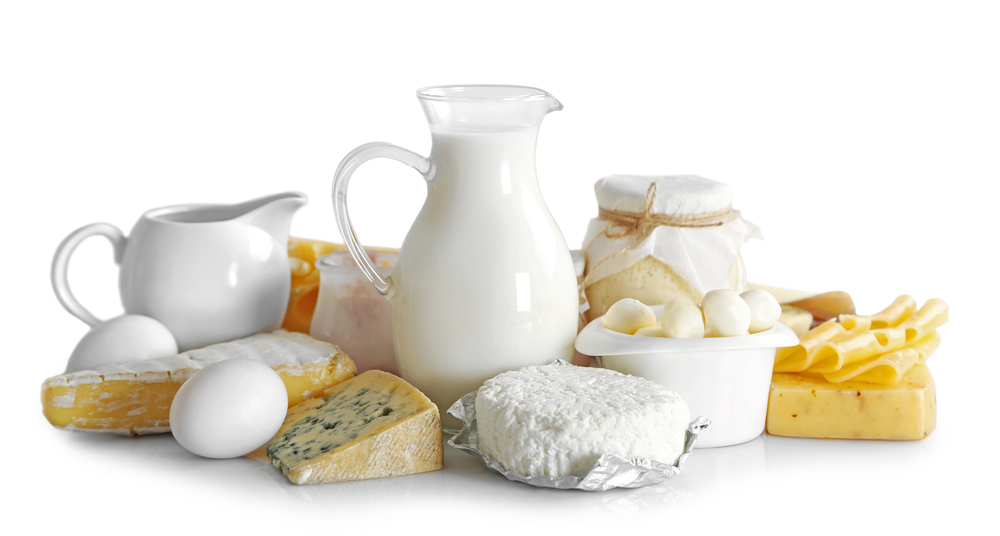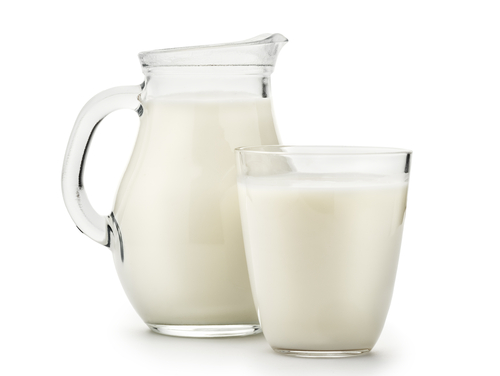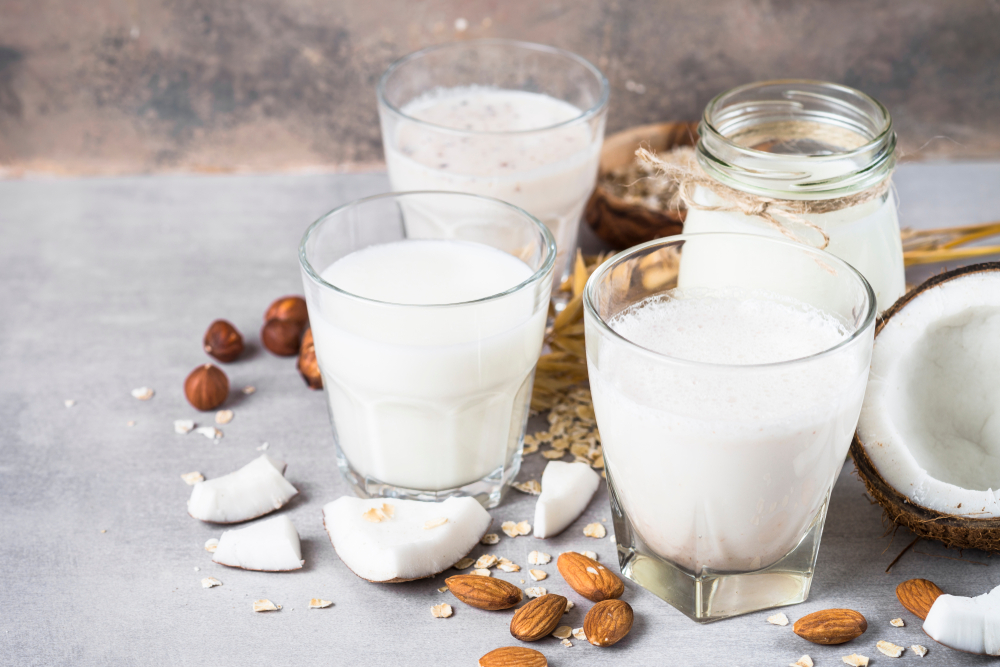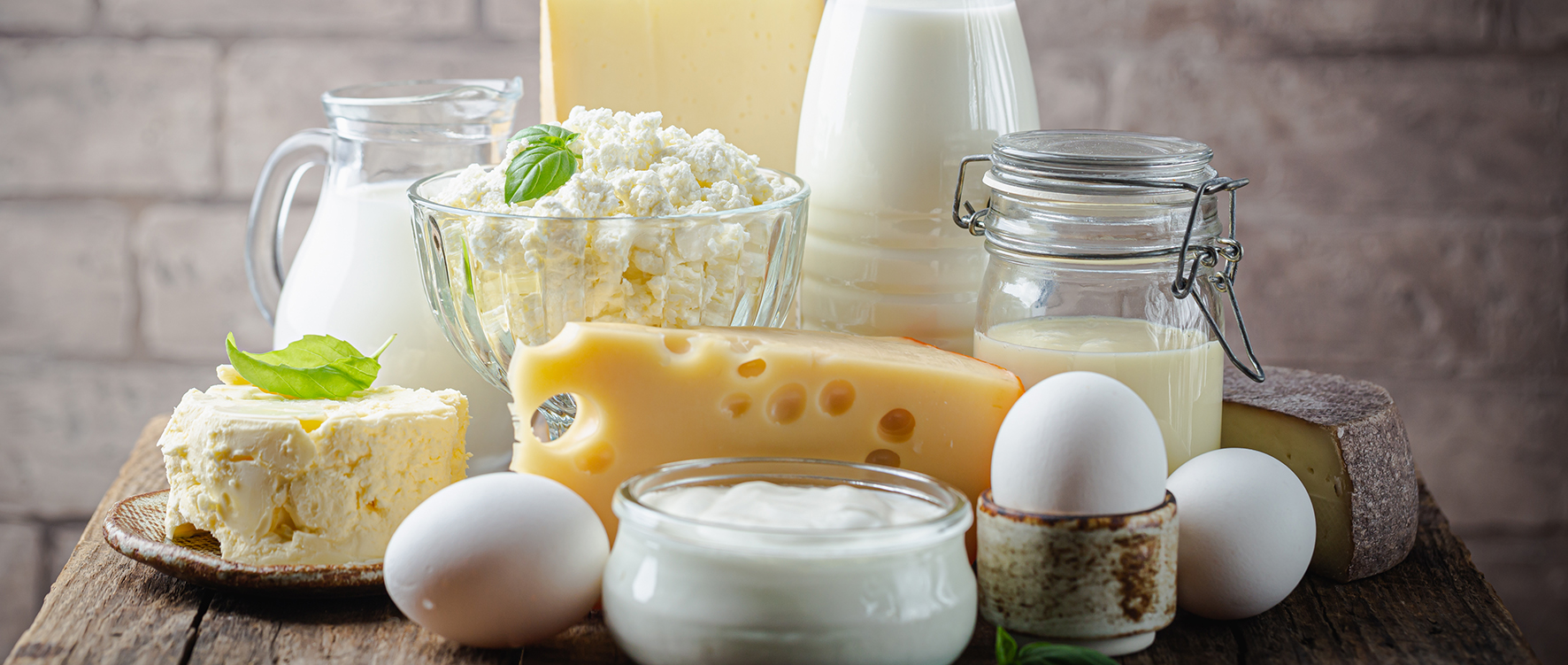Reducing or eliminating dairy from your diet can have numerous benefits for your health, the environment and even your culinary horizons.
While dairy products have been a staple in many diets worldwide, an increasing number of people are discovering the advantages of cutting back on milk, cheese, yogurt and other dairy items. Here are some key benefits of reducing dairy intake.
1. Improved Digestive Health
A significant portion of the global population is lactose intolerant, meaning they struggle to digest lactose, the sugar found in milk. Symptoms include bloating, gas, diarrhoea and stomach cramps. Reducing dairy consumption can alleviate these digestive issues and improve overall gut health. Even those without lactose intolerance may find that a dairy-free diet reduces discomfort and enhances digestion.
2. Reduced Risk of Hormonal Imbalances
Dairy products often contain hormones and antibiotics used in dairy farming, which can disrupt the body’s natural hormonal balance. Consuming these substances can contribute to issues like acne, weight gain and other hormonal imbalances. By reducing dairy intake, you can decrease your exposure to these substances and promote better hormonal health.

3. Enhanced Skin Health
Many people experience improvements in their skin after cutting out dairy products. Dairy has been linked to skin conditions due to the hormones it contains. For some individuals, reducing dairy can lead to clearer, healthier skin. This benefit can be particularly appealing to teenagers and adults who struggle with persistent skin issues.
4. Weight Management
Dairy products can contribute to weight gain as they’re easy to overeat. Reducing dairy intake can help lower calorie consumption and make it easier to manage weight. Additionally, many dairy-free alternatives are lower in calories, offering a healthier option for those looking to maintain a healthy weight.
5. Better Heart Health
Some dairy products are high in saturated fats, which can raise cholesterol levels and elevate the risk of heart disease. By reducing your consumption of high-fat dairy items, you can help to lower your intake of saturated fats and promote better heart health. Choosing plant-based alternatives like almond milk or make your own oat milk can further support a heart-healthy diet.
6. Increased Nutrient Variety

When reducing dairy, it’s important to find alternative sources of essential nutrients like calcium, vitamin D and protein. This shift often leads to a more varied and nutrient-dense diet. Leafy greens, nuts, seeds, legumes and fortified plant-based milks are excellent sources of these nutrients. Exploring these options can introduce you to new foods and flavours, enriching your overall diet.
7. Environmental Benefits
The dairy industry has a substantial environmental footprint. It adds to greenhouse gas emissions, increases water consumption and increases land use. Reducing dairy consumption can lower your personal environmental impact. Opting for plant-based alternatives requires fewer resources and therefore produces fewer emissions, making it a more sustainable choice for the planet.
8. Ethical Considerations
For those concerned about animal welfare, reducing dairy intake can align with ethical values. The dairy industry often involves practices that can be harmful to animals, such as intensive farming and separation of calves from their mothers. Choosing dairy-free options supports more humane and ethical treatment of animals.

9. Culinary Exploration
Going dairy-free opens up a world of culinary possibilities. There are numerous delicious and innovative dairy-free products available, from almond milk and coconut yogurt to cashew cheese and plant-based ice cream. Experimenting with these alternatives can be exciting and rewarding, offering new textures and flavours to enjoy.
Conclusion
Reducing dairy from your diet can lead to a multitude of benefits, including improved digestive health, better skin, easier weight management and enhanced heart health. Additionally, it promotes greater environmental sustainability and aligns with ethical considerations regarding animal welfare. Embracing a dairy-free lifestyle also encourages culinary exploration and a more varied, nutrient-dense diet. Whether you are lactose intolerant, seeking health improvements or simply curious about plant-based living, cutting back on dairy can be a positive and impactful change.





